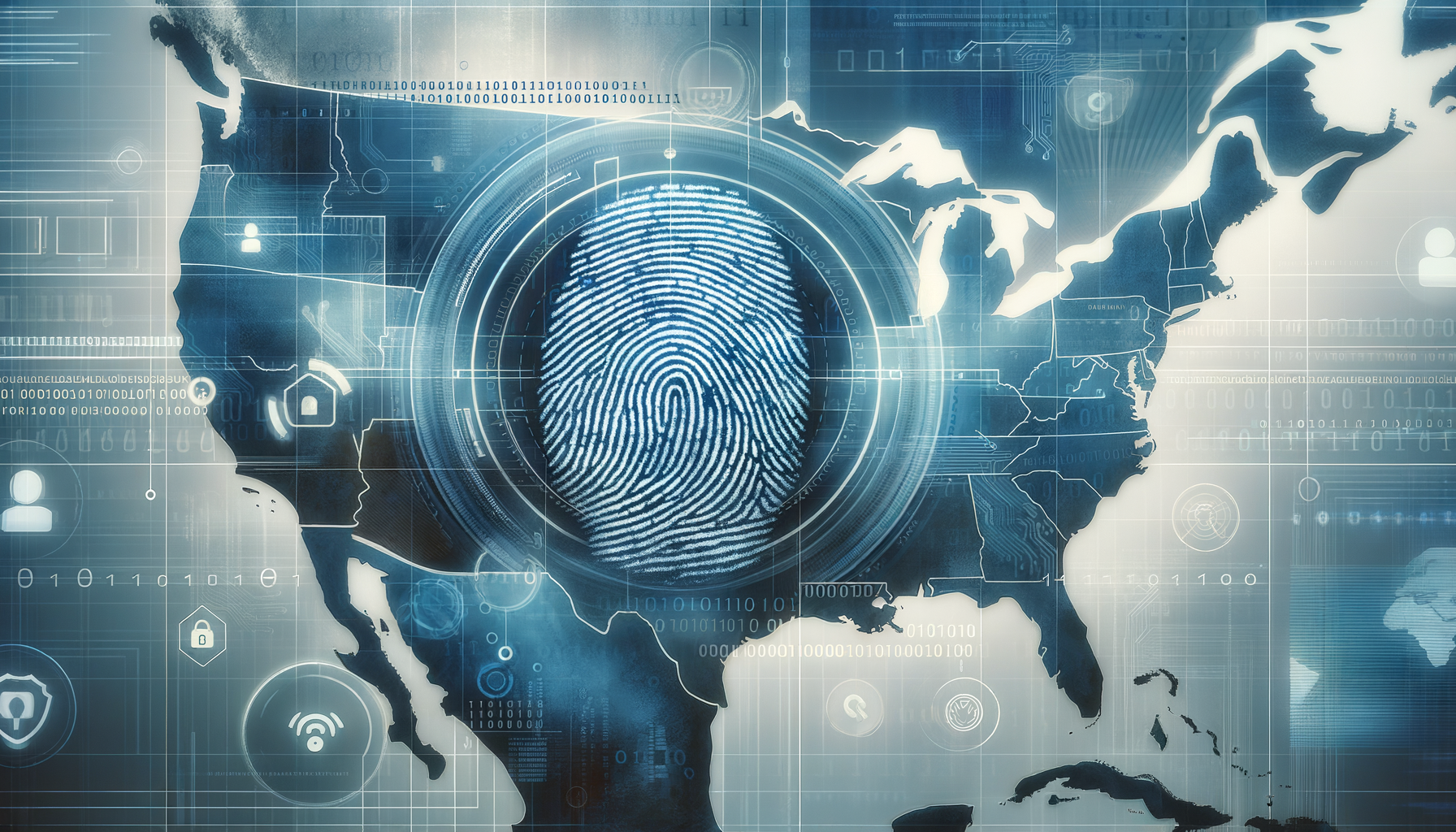Did the Biden Team “Steal Your Data” to Rig Elections?
Short answer: No, there’s no evidence of a grand secret plot that hoovered up everyone’s data and handed elections to Democrats. But federal agencies have pushed the legal boundaries on surveillance, prodded social-media firms to bury posts, and floated voter-registration experiments that raise real civil-liberty questions. The picture that emerges is less a Hollywood-style conspiracy and more a creeping, bureaucracy-driven mission-creep—one that still deserves the public’s full attention.
1. The Most Startling — and Documented — Discovery
Banks really were asked to scan your debit-card swipes for “MAGA.”
A March 2024 House Judiciary report revealed that FinCEN and the FBI held briefings with major banks, encouraging them to look for keywords such as “TRUMP,” “MAGA,” and “2A” (Second Amendment) when filing suspicious-activity reports.
Source: House Judiciary Committee, 3 Mar 2024
➡ That’s not the same as the White House “ordering” banks to close accounts, but it does show the government quietly fishing through financial data for political cues—exactly the kind of overreach privacy advocates warned could happen after 9/11.
2. Following the Data Trail
2.1 NSA’s Shopping Spree
• Newly released Pentagon letters confirm the NSA buys Americans’ browsing data from private brokers—no warrant required.
CNN, Jan 26 2024
• Congress then extended and even broadened this authority in April 2024’s reform bill, which President Biden signed.
EFF, Apr 2024
Verified. The surveillance net is widening, but it is happening mostly in daylight through legislation rather than secret edict.
2.2 Election “Engineering” or Voter-Access Overreach?
• Executive Order 14019 asked every agency to “consider” ways to help with voter registration. That’s softer than “forcing” drives.
WhiteHouse.gov, Mar 2021
• The Small Business Administration indeed signed a 2024 MOU with Michigan to offer registration forms and bragged about it online. Whether that violates the NVRA is debatable—but no smoking-gun e-mails show a campaign to target only Democratic precincts.
Partly Accurate. The administration is testing new voter-registration outreach, but proof of a partisan “reshape the electorate” scheme is thin.
3. Speech Patrol: From Tweets to Talk Radio
3.1 The CISA Relay Station
• Internal e-mails show CISA-linked research projects (Election Integrity Partnership, Virality Project) collected hundreds of millions of social-media posts and funneled “misinformation” flags to Twitter, Facebook and YouTube.
• A federal appeals court found this “likely” crossed the line into unconstitutional coercion, though the Supreme Court will get the final word.
Washington Post, Oct 4 2023
Context: The often-repeated claim that “CISA flagged 859 million tweets itself” mixes up the numbers; the 859 million figure refers to posts collected by Stanford researchers, not the agency.
3.2 Ratings That Really Hurt
• NewsGuard gives The Federalist 12.5/100 while NPR and The New York Times score in the mid-90s.
• Global Disinformation Index (GDI) has received at least $100 k in grants funneled through a State-Department program.
Verified. Conservative outlets do get hammered by some rating systems, and GDI does take limited U.S. government money.
Not Verified: The article’s claim that NewsGuard itself is Biden-funded—no DOCUMENTED link exists.
4. The Claims That Fell Apart
| Original Charge | Fact-Check Verdict | Why it Matters |
|---|---|---|
| Biden’s “Department of Government Efficiency” (DOGE) is investigating campaign money. | Contradicted. The only DOGE began under Trump 2.0 in 2025. | Points to basic errors in the book’s timeline. |
| YouTube “tweaked its algorithm at the feds’ behest.” | Unsubstantiated. Public evidence shows YouTube acted on its own. | Weakens the narrative of direct government control. |
| SBA emails proved a partisan “liberal bloc” strategy. | Unverified. FOIA material hasn’t surfaced. | Evidence gap—not proof the claim is false, but no documentation yet. |
5. Why the Story Still Matters
Even stripped of the headline-grabbing exaggerations, several real trends should give every citizen pause:
- Mission Creep: Agencies created for small-business loans or infrastructure security are drifting into speech and voter-registration arenas.
- Data Brokerage Loophole: Buying data sidesteps warrant rules Congress wrote in the ’70s.
- Private-Platform Pressure: Government “jawboning” of tech companies often happens in back-channel Slack rooms, beyond public oversight.
Together, these create a gray zone where constitutional protections grow fuzzy and accountability is scarce.
6. What We Still Don’t Know
• Full contents of FinCEN keyword briefings—many slides remain classified.
• Any as-yet-unreleased SBA correspondence with other swing states.
• How algorithms at social platforms weigh government “advisories.”
Watchdogs (and journalists) have FOIA requests pending; courts are weighing new disclosure motions.
7. How to Keep Your Republic — and Your Data
• Read the fine print on apps and loyalty cards; they’re often the brokers selling your location data.
• Support bipartisan reform of FISA §702; privacy groups from ACLU to FreedomWorks agree warrantless buys must stop.
• Ask lawmakers to demand transparency reports whenever agencies flag online speech.
Bottom Line
The Biden administration hasn’t secretly seized everyone’s data to hand-pick election winners—there’s no evidence for that sweeping charge. But a patchwork of executive-branch nudges, expanding surveillance laws, and public-private “partnerships” is eroding privacy and chilling speech in slower, stealthier ways. That story deserves daylight—minus the cartoon-villain claims, but with every uncomfortable fact intact.
